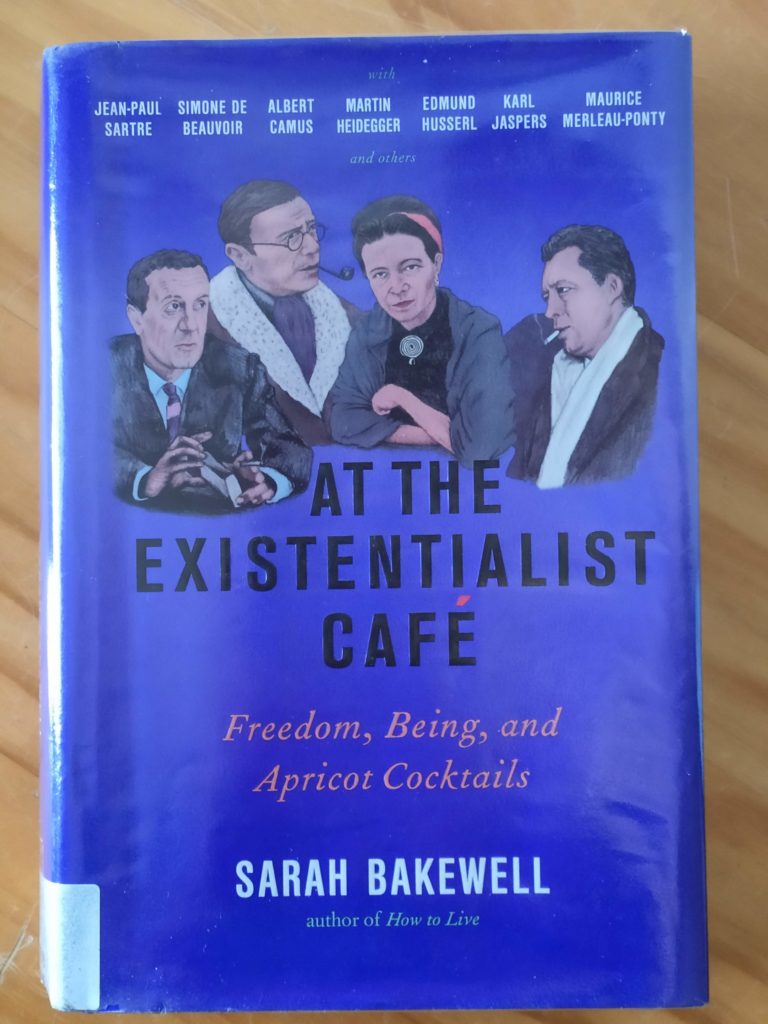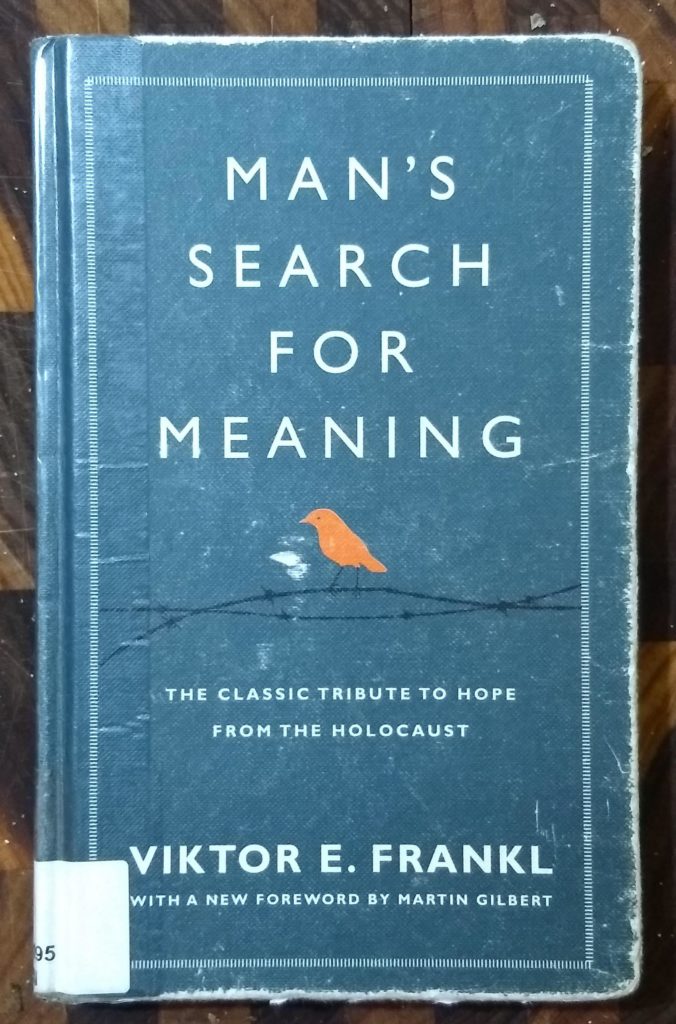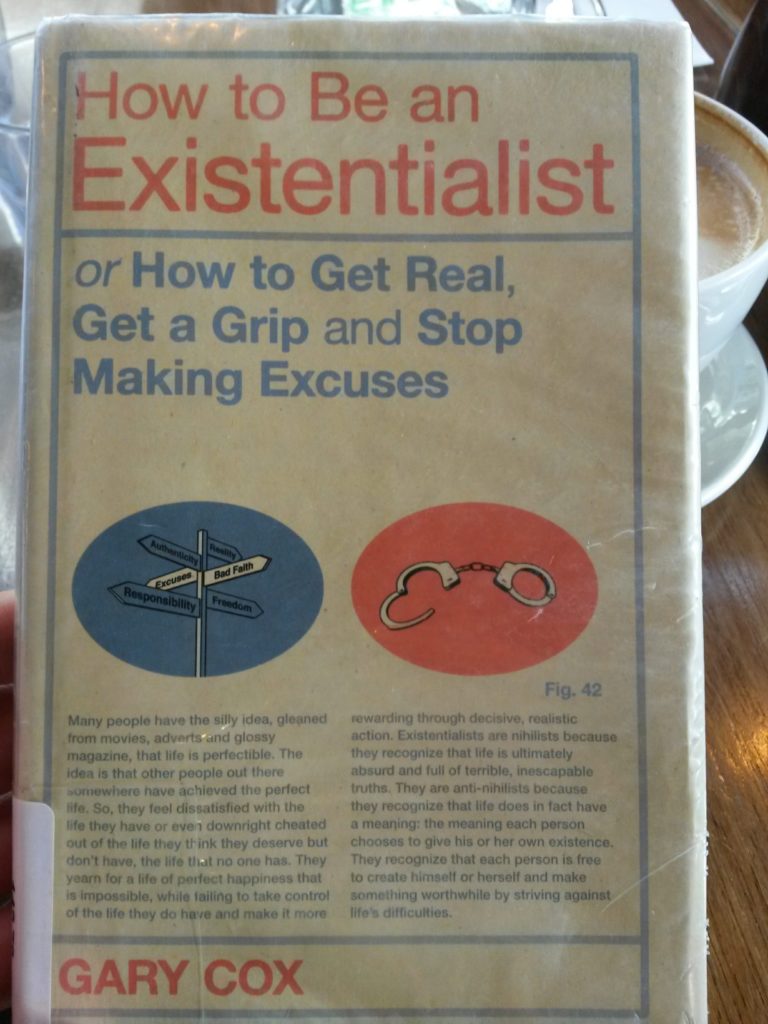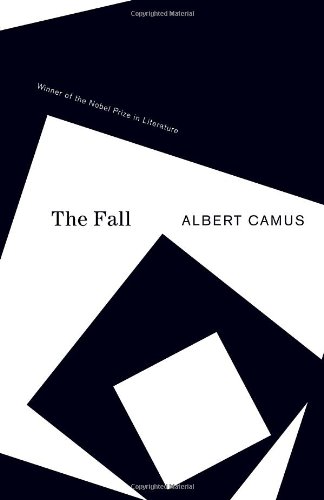
This is an excellent and wide-ranging description of the genesis of existentialism. It includes descriptions of all the major figures you have heard of, like Sartre, de Beauvoir and Camus, and further back to the likes of Heidegger and Nietzsche and many many more. After reading this I feel I have a much better idea of these people as people, rather than abstract ideas or buzzwords. Although mostly, I would rather just know their ideas since it seems they weren’t all the nicest people. It’s interesting to read about the long and fraught relationships that (maybe) helped shape their thought.
Continue reading

